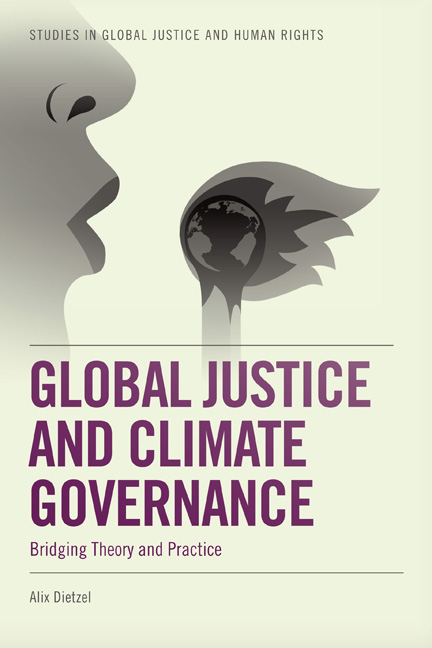1 results in Studies in Global Justice and Human Rights

Global Justice and Climate Governance
- Bridging Theory and Practice
-
- Published by:
- Edinburgh University Press
- Published online:
- 24 October 2019
- Print publication:
- 19 December 2018

